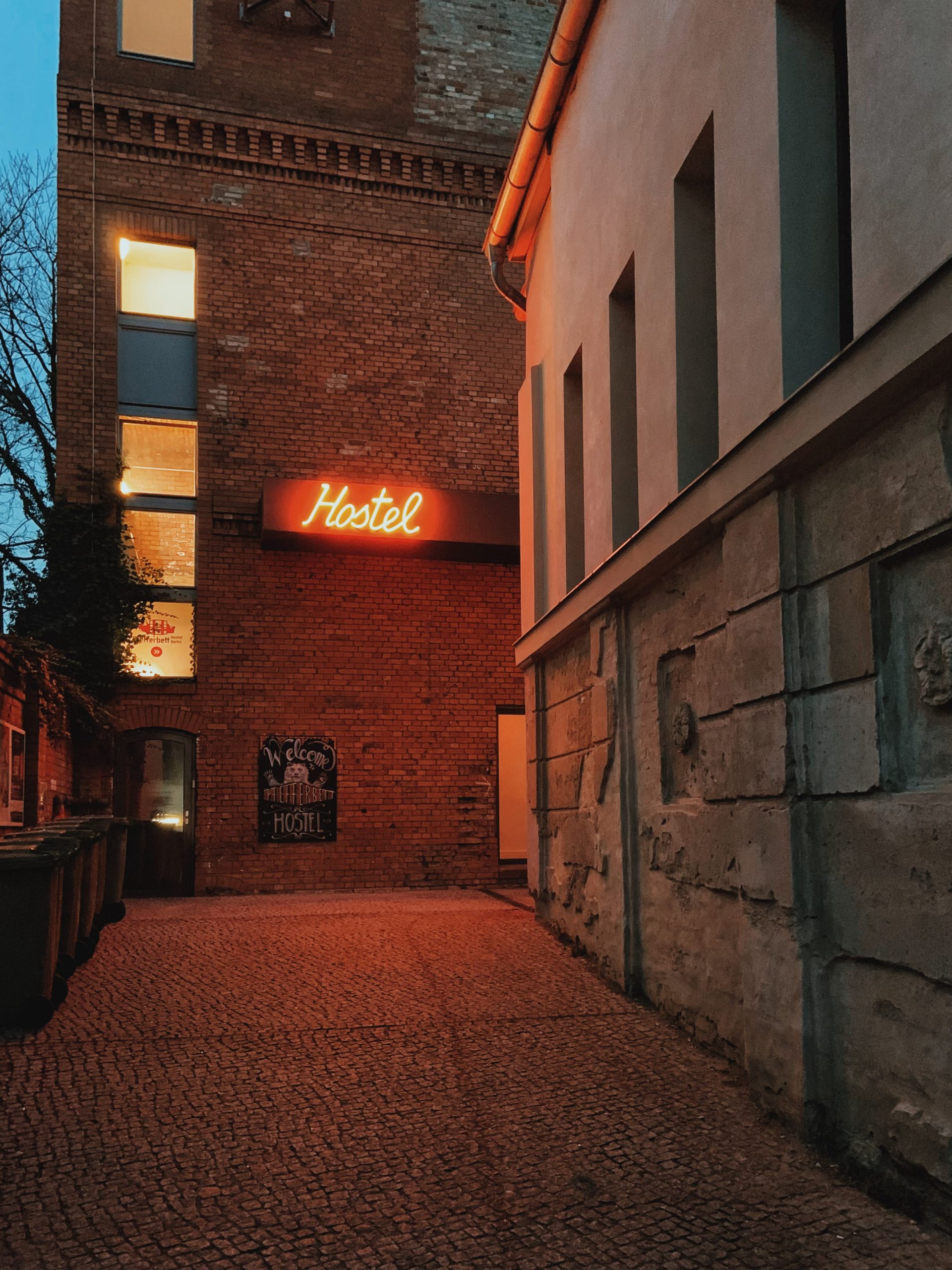COVID accommodation for homeless people

To alleviate the impacts of COVID-19 policies, many initiatives have been developed by civil society organisations – NGOs, local governments, or citizens. A team of national researchers from the RESISTIRÉ project has collected and highlighted a set of particularly relevant initiatives in 27 European countries and in Iceland, Serbia, the United Kingdom and Turkey. These Better Stories cover eight specific domains: gender-based violence, the labour market, the economy, gender-pay and pension gaps, gender care gaps, decision-making and politics, environmental justice, human and fundamental rights.
This Better Story was collected by Vanda Maufras Černohorská
The high risk of a spread of the COVID-19 disease and the lack of staff caused the regular winter dormitories in Prague to shut down in March 2020. The city of Prague, together with the social service providers, launched a brilliant initiative,” The City’s”, to cope with the issue of epidemiologically suitable accommodation facilities for homeless people. This ambitious project aimed to provide suitable accommodation facilities for homeless people.
Delivering vital support to those most in need
The City’s initiative was established partially in response to NGOs and other civil society actors’ lobbying efforts which advocated for securing several hotels/hostels for homeless people. The approach was inclusive, targeting the most vulnerable groups in the homeless community: people with disabilities, the elderly, and women were prioritized. The highest priority was given to people who showed symptoms of Covid-19 but had not yet been tested positive. The method of prioritizing clients placed in humanitarian hotels was inspired by a solution scheme used in London.
A long-term solution in mind
The initiative had a more sustainable and long-term plan which aimed for social stabilization of the accommodated clients, as well as transitioning them into more permanent housing (Magistrát HMP, 2021).
When the initiative was launched (Spring 2020), the hotels had a capacity of 353 beds which was later decreased to 220 beds (Summer 2020). However, as the people residing in the hotels changed over time, the initiative’s creator estimates it impacted (between 3/2020-10/2022) “higher hundreds of people,” i.e. around 700 – 900.
